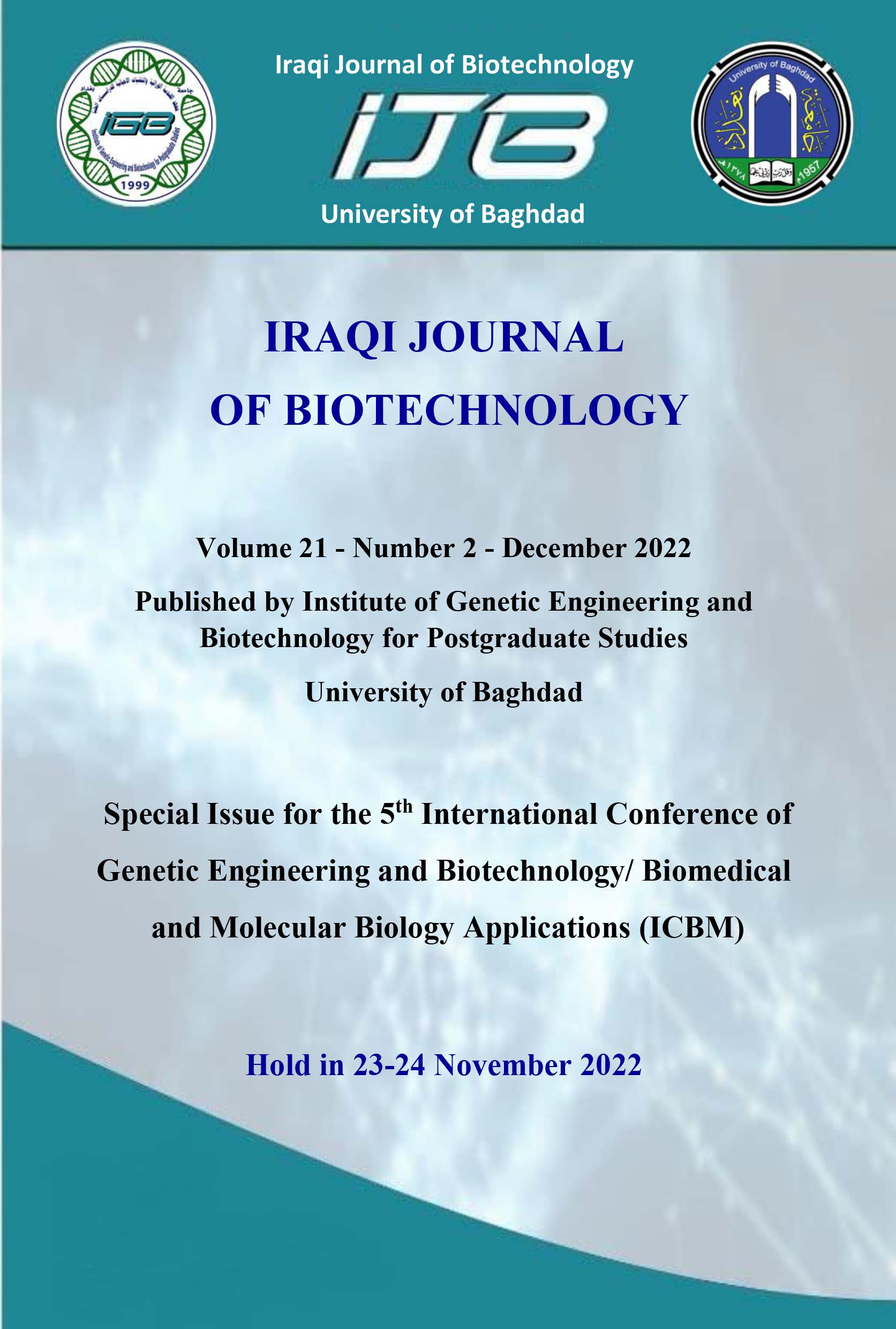Evaluation of AHSP Gene Expression and Its Serum Level in Iraqi β-thalassemia Major Patients
Abstract
thalassemia major is a genetic disorder of hemoglobin production that results in a diminished rate of synthesis of one or more of the globin chain causing variable degrees of anemia. The protein AHSP is an alpha-globin-specific chaperon that has an impact on disease severity in patients with β-thalassemia. studies on the disease markers are still lacking in Iraq. In the recent study, the real time-polymerase chain reaction (RT-PCR) and ELISA techniques were used to investigate and measure the AHSP gene expression in β-thalassemia patients and control, as well as to measure the expression of α and β globin genes in β-thalassemia patients, and to evaluate the serum concentration of A1pha hemoglobin stabilizing protin (AHSP) in patients and the control group. This study was conducted on 90 β-thalassemia patients and 60 healthy as a control group. Blood samples were obtained from the thalassemia patients in Wasit Center / Wasit governourat for Hereditary Anemia for the period from August 2020 to January 2021. The results showed a decrease in AHSP expression in β-thalassemia patients compared with the control. The human AHSP concentration estimated by ELISA appeared to have a significant decrease in the level of AHSP in the serum in β-thalassemia patients compared with the control. In conclusion, AHSP expression is limited and acts as a disease modifier in β-thalassemia. The identification of novel targets will improve the management of this disease.


